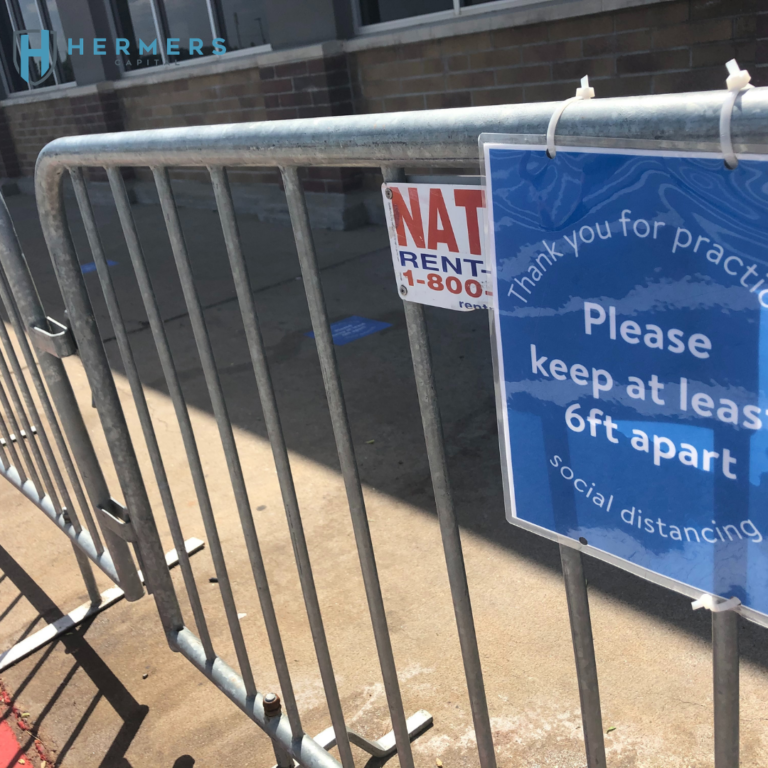
Investing in Residential Real Estate
Stocks.
Bonds.
Mortgage Notes.
Crypto.
Oil.
The list of investment options in this world will take a whopping 98 pages. Nevertheless, I’m going to stop right there and reflect on my investment strategy of all of them:
Residential vs. Commercial Investing.
Before focusing more on residential real estate investment, let’s dig deeper and touch on the commercial side of things and equate it to residential.
Commercial: Commercial Real Estate (CRE) is used for business, retail and industrial purposes. Real estate is used for commercial and business goals.
One of the first things to remember is that there are many class categories within CRE, each requiring a thorough knowledge of this asset category. Depending on the county and state, specific rules and regulations apply.
What’s excellent about commercial real estate is that you can usually lock in longer lease terms than you do for residential property. For example, 5-10 year leases in this region are not uncommon. This implies higher monthly profits and lower vacancy rates. The cash flow performance is excellent! It’s Cha-ching!
Although if there might be less turnover of the owner, it can be a lot more expensive to find an owner replacement. Why? Why? Some tenants can need different layouts and features in the building, requiring more construction and higher capital costs.
Bottom line: CRE is known to be high-risk, high-reward in the real estate sector.
Residential: Do you like to know a new benefit for residential real estate? Shorter leases are not always a negative thing. Think about this: if the business dynamics change in favor of the landlord, you will have more leverage and a chance to raise the rent with a shorter lease. For CRE, you may need to wait ten years to take advantage of the booming rental market and reassess your lease terms.
Residential is also generally less sensitive to economic conditions. People will always need a place to stay, but do people still need to go to the yoga studio that’s your tenant? That company can not survive an economic downturn where people have less disposable income.
You’re going to need some form of capital in real estate. Here’s the best thing about Residential: it’s easier to get funding. Loans of 15-30 years are eligible and everywhere. As opposed to CRE, most mortgages are amortized for less than 30 years with the mandatory balloon payment … which means that you will have to pay off the entire loan within 5-10 years.
Residential is one of the most sustainable investments in real estate. Look around the Roofstock Marketplace, I mean, and you can easily find the price, cash-flowing properties for less than $100k.
For a 20-25% down payment and a tenant paying off your mortgage, the entry barrier is not too high. And the opportunity to look beyond my home market (San Francisco) means that I can find a lot of cheaper opportunities!
There is no right or wrong answer to the question, “Should I invest in residential or commercial real estate? “It’s about your risk appetite, experience, and the team and network that you can manage and work with.
Here are 11 facts about Residential Real Estate Investments
- There are a variety of tax advantages. Investing in residential real estate has several tax advantages. You may consider deductions such as property depreciation, mortgage interest, repair, maintenance, and service expenses, travel costs, meals, and also delay-tax on capital gains with the use of 1031 Exchange. Different people have different tax circumstances, so be sure to consult your tax professional about your financial image.
- You’ve got more control than you thought: Bottom line: Choose the market you want to buy. Buy a house if you’re satisfied with the purchase price. You decide on a budget for recovery. You’re seeking a land manager. You and your property manager will pick the tenants. You choose to hold it or sell it. These are only a few variables in residential real estate where you have complete control over your property’s fate. Not everything is assured. Roadblocks can come up, but this is an extraordinary asset class over which you have much leverage.
- The interest is in continuous monthly cash flow: Buy and Hold residential investment is gorgeous once your property has been completed. You’re paying taxes, rental income comes in, and then it’s going to be clockwork on the 1st of the month. It’s like a monthly paycheck without having to sit in a cubicle! Isn’t that just what you want? * NOTE: still have the cash reserves when such burdensome maintenance costs are incurred *
- Tenants are managing cash flow and the ROI: Not so fast; however… related to the previous point I made, it may seem obvious. Still, without a tenant, you have no cash flow. What does that mean to you? Tenant class is of the utmost importance. Choosing the right and most responsible tenant possible (more easily said than done) is perhaps the most critical consideration when investing in residential real estate.
- Appreciation: I called this “Ice on the cake” in a previous post I wrote about ROI. If you’re a buy-and-hold investor with assets in a cash-flowing market, it is. First of all, your properties should appreciate at least as quickly as inflation (~2 percent per year), which is better than the interest rate on most savings accounts. As a bonus, if you’re in a growing market like Atlanta or Indianapolis, you should be able to earn a few more percentage points each year.
- The loan is paid down: The incredible thing that some potential owners don’t know when looking at ROI is that when your house is leased and cash streaming, the occupant pays back the debt, interest, fees, and premiums you. It’s amazing! So, even if your property “breaks” one month due to unexpected repairs or maintenance, you still have someone else paying most of your expenses. Why isn’t that amazing?
- Tools for creative finance: Pay all your cash or get a traditional mortgage? You may think that these are the only two options available to purchase residential real estate. Luckily, there is a wide range of additional funding options. Seller lending, receiving a loan from a self-directed IRA, private investments, a master lease with an opportunity to purchase … there are just a few innovative options to fund your next project.
- The place is critical: Place, place, place, you’ve heard that all the time, and it’s real! I used to think that if the figures on paper were perfect, the expenditure was a no-brainer. And I had the first-hand experience of finding an unqualified tenant when my house was in a poor neighborhood. The proximity of that particular property drew a specific form of occupant community, someone who may not have been in the best economic situation to keep up with rent payments. Now I understand the value of the location and the sort of occupant that the location draws. Hold that in mind, when you look at the apartment rental house!
- It is a long game: If you’re a house flipper, owning and keeping real estate property is a long-term practice. You must continue dreaming about your career and investments in the future for 5-10 years. One home, two homes, or five homes, will not make you productive immediately. Still, if you keep building your investments year after year, and keep growth going, and lock in fixed mortgages, you will finally reap the benefits of this long-term plan. Whether you have 0, 1, or 2 units right now, you’re already in the first inning of the 20th inning session. Play on, man!
- Management is required: I don’t think you’re here reading this article to buy a house and then exit. You want to build a portfolio that will eventually support your lifestyle. Well, I get it. Same here, man. With this form of scaling, mainly when investing out-of-state, you need proper management to oversee your portfolio. Always, always, have experienced and thoroughly vetted property managers ready to manage everything.
- Expect the unexpected: Don’t have a way of thinking where you always expect the worst, but ever proactively think about the challenges that might arise. Getting started in the investment world and gaining the first-hand experience is the best advice I can give to anyone. Things will come up: the tenant may stop paying, the fluke repairs will hit your bottom line, insurance rates may rise. Getting many cash savings is one way to battle the unpredictable. Luckily, Roofstock helps with all aspects of acquisition, due diligence, and property management in the residential area.
These facts and benefits are the primary reasons why I am investing in residential real estate. Now, it’s your turn to start building your financial future!



